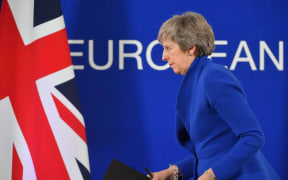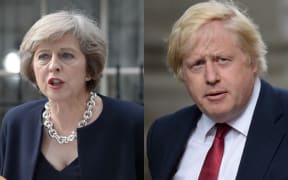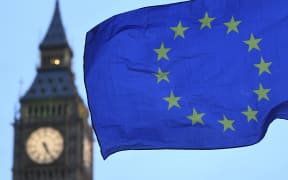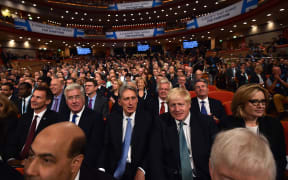By David Townsend *
Opinion - Last month Britain's Prime Minister Theresa May stopped the Parliamentary vote on the European Union (EU) exit deal she has spent the past two-and-a-half years negotiating.
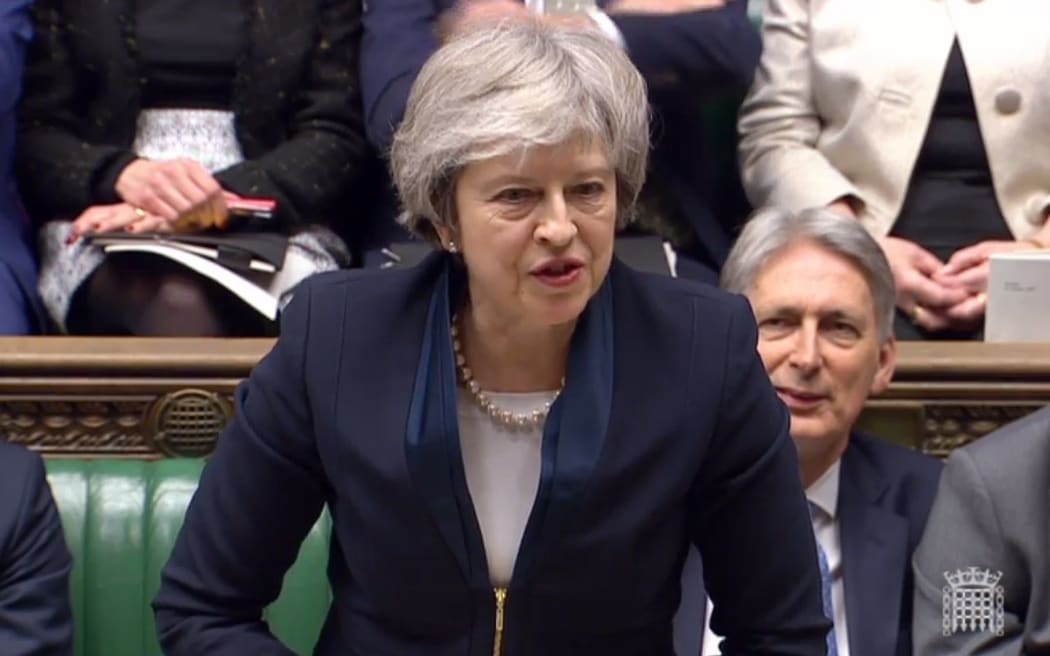
Photo: AFP / PRU
She believed she would lose with opposition from all quarters including her own Conservative governing party and its Northern Irish ally, the Democratic Unionist party (DUP).
For a month over Christmas and the New Year holidays she spent her time telephoning EU leaders to try to obtain concessions that might, just might, get her deal over the line.
She said she had no other strategy. There was and is no "plan B".
This week Mrs May warned parliament that if her deal was defeated the UK was in "uncharted territory".
"The people" who voted for Brexit would not forgive politicians - and democracy itself was at risk.
Members chose to ignore this dire warning: the vote in the UK Parliament today duly defeated the proposed deal by the most massive majority - 232 - in Parliament's recent history.
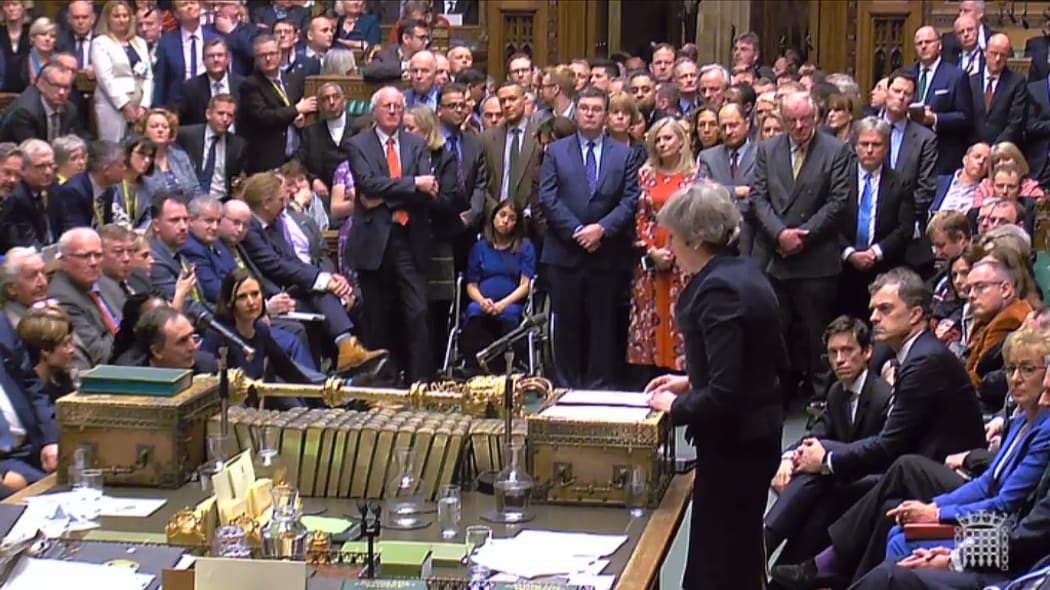
Britain's Prime Minister Theresa May speaks in the House of Commons in London after MPs voted to reject the government's Brexit deal. Photo: AFP Photo / PRU
So where now? British politics seem paralysed and hopelessly divided as to what to do and how to do it.
Read more about Brexit:
- MPs vote down Theresa May's deal
- Britain readies for historic Brexit deal vote
- May warns Brexit deal opponents risk 'letting British people down'
- UK Labour's Jeremy Corbyn demands election over Brexit deadlock
Following the defeat of Mrs May's deal, the Labour opposition (led by Jeremy Corbyn who has repeatedly expressed his support for some form of Brexit) and the other opposition parties tabled a motion of "no confidence in Her Majesty's Government".
If carried it will mean a general election, the third in less than four years and not including the referendum on Brexit.
Voting lag is now endemic and a low turnout would be expected. Brexit is inevitably likely to be the major issue.
Mr Corbyn believes he can negotiate something radically better than Mrs May achieved. So Brexit would be postponed for an unknown period - depending on the EU agreeing - while a fresh departure deal is negotiated and then presumably put to Parliament.
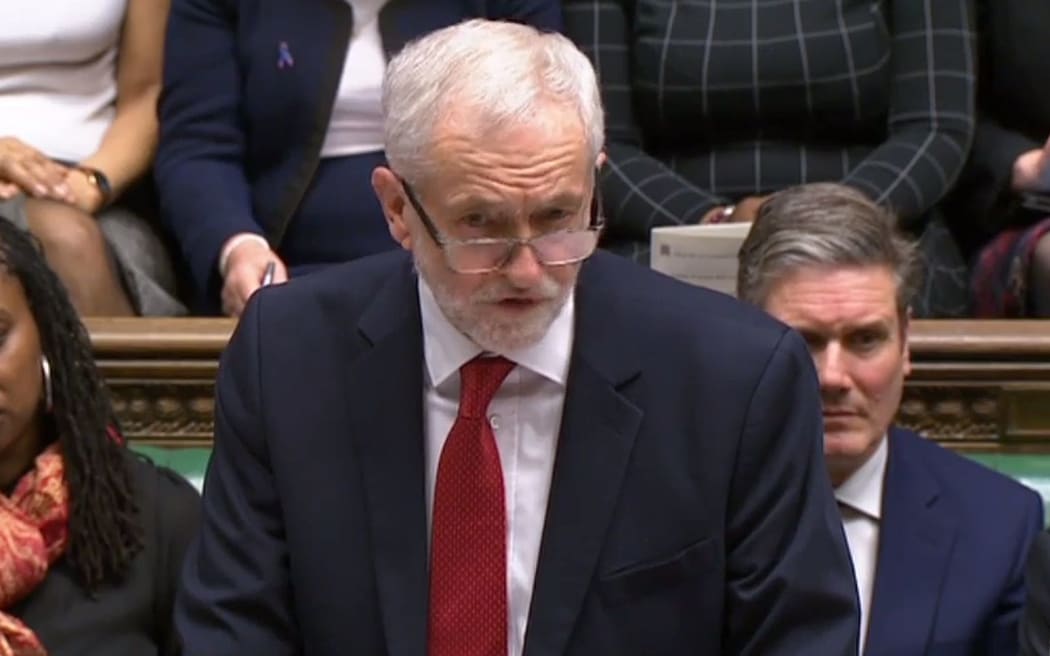
Britain's opposition Labour Party leader Jeremy Corbyn. Photo: AFP / PRU
There is a problem with that scenario. The other opposition parties do not agree about whether Brexit should happen at all.
The Liberal Democrats and the Scots Nationalists want a second referendum "where all the facts can be exposed about what leaving the EU means" - something they rightly claim was not put by the Leave campaigners led by the likes of Boris Johnson.
What of the possible result of another election? In the 2017 general election Mrs May did lose some seats (and her Parliamentary majority) but still beat the Labour Party by some 60 seats and Labour even lost ground in some places. Would Labour gain an overall majority in a new election and thus be able to push ahead with its plans regardless?
Enter self-preservation, a guiding principle in the Conservative Party. While the party helped defeat Mrs May's deal, it is most unlikely to help defeat her in the no confidence vote. Too many seats and salaries at possible electoral risk.
For a majority of Conservatives, the idea of Jeremy Corbyn's Labour (in reality a mildly social democratic party) winning is a worse threat to decency and good order than the EU.
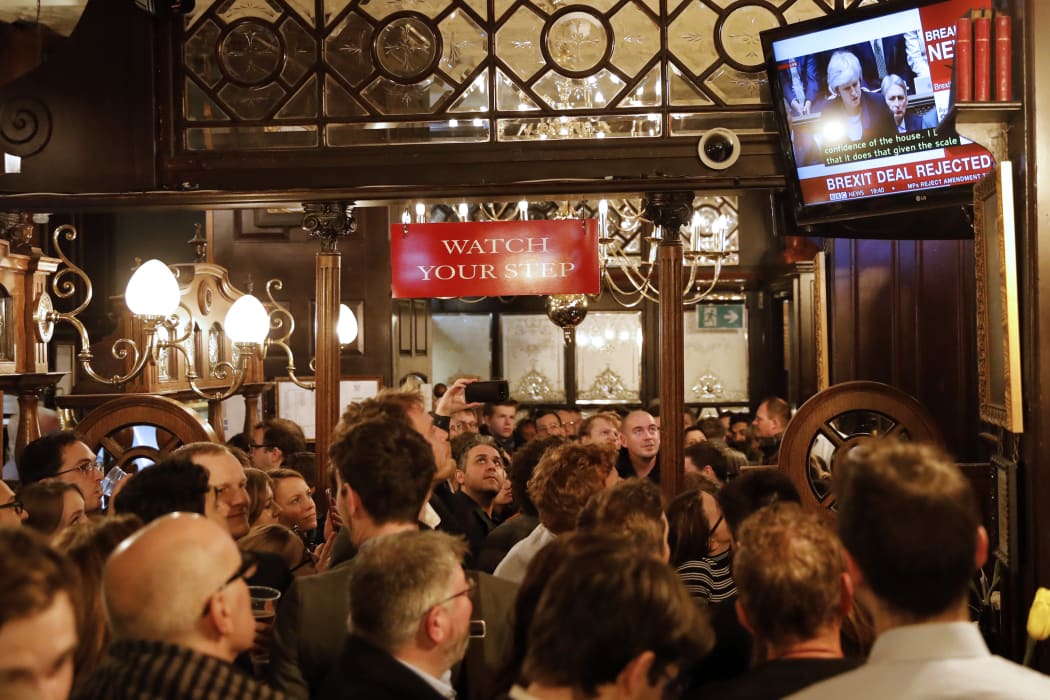
Photo: AFP / Tolga Akmen
The DUP voted against the EU deal: it will not vote to risk a possible change of government - and it has always had a deep hostility to Labour.
As well as self-preservation, self-serving and personal gain comes into play - for example with the aforementioned Boris Johnson and others, like Michael Gove or Jacob Rees-Mogg.
Mrs May, unless she resigns, is safe in her job as leader and, thus, Prime Minister until the end of the year. By then she may or may not have a variation on her deal that she can try to sell to Parliament. At that point she becomes vulnerable to another Leadership challenge within the Conservative Party. (For candidates see above).
So, the no confidence motion will not carry tomorrow.
The most likely next step is the EU will suggest that, one way or another, more time is provided to the UK to further negotiate - though it is nearly impossible to see how the negotiations could materially change anything.
The chances of Britain crashing out with no deal have greatly increased after today's vote.
* David Townsend is an ex-UK Parliamentary Labour candidate, a former Labour ministerial speech writer and special adviser and contributor to The Guardian, The Independent and The Times.
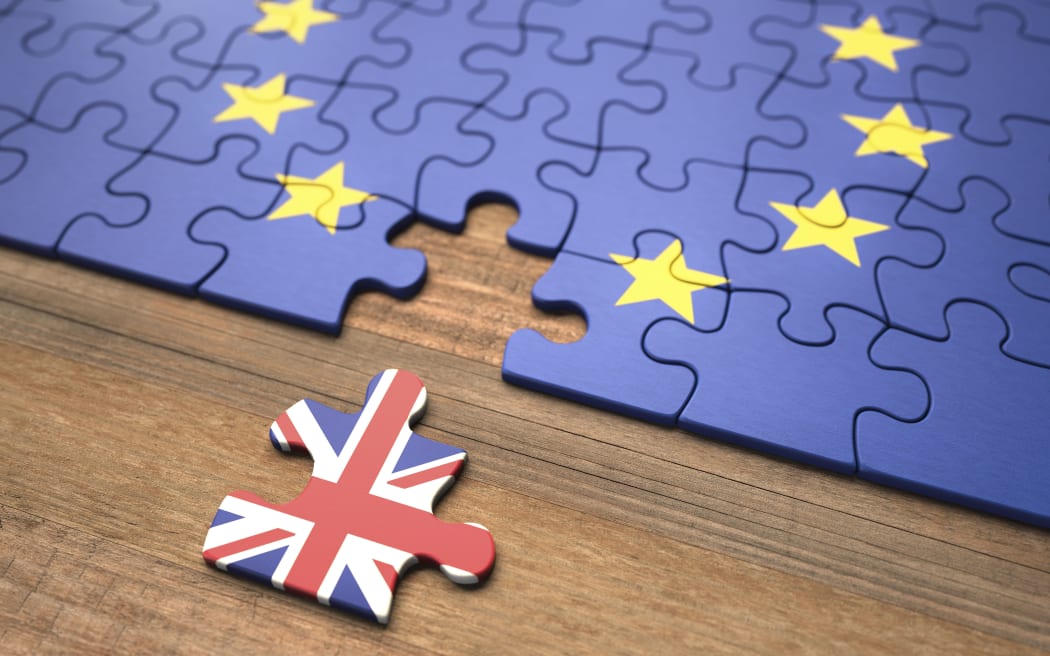
Photo: AFP
